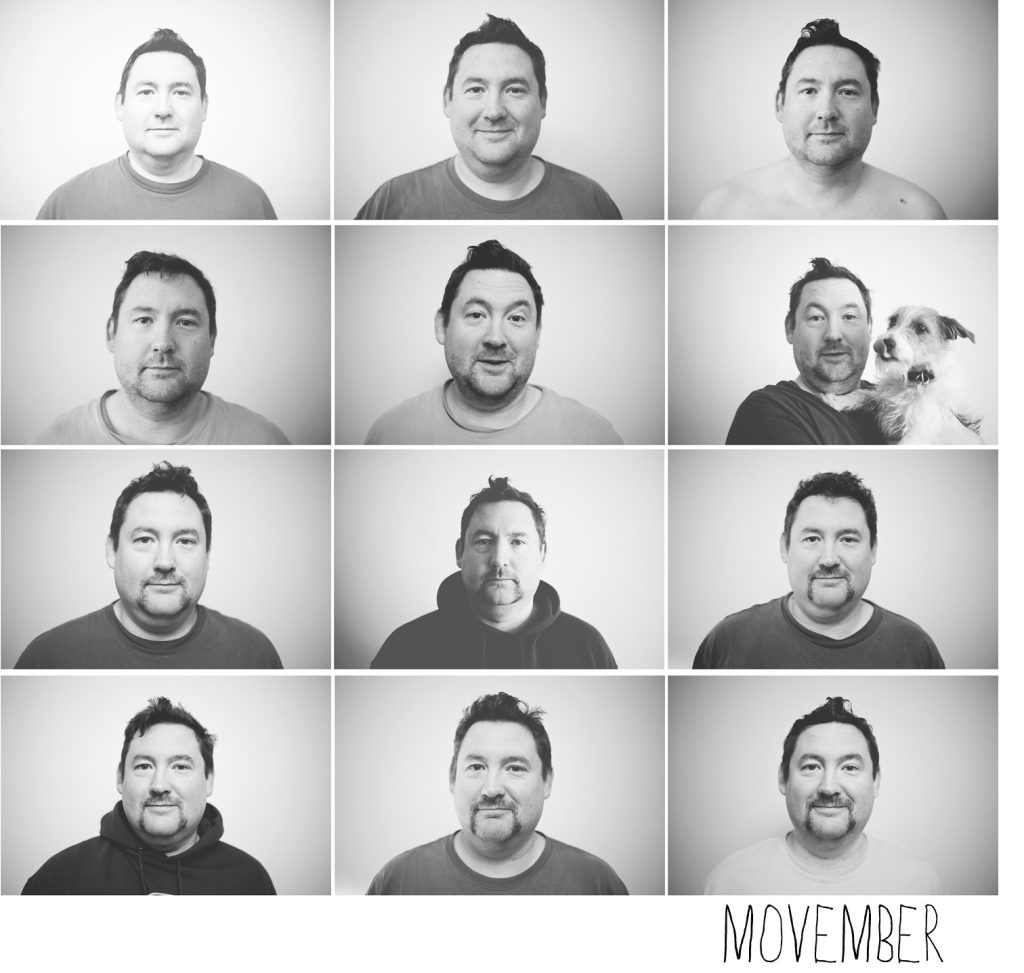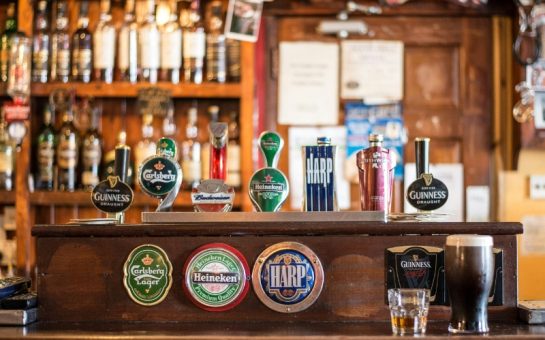As advent calendar doors are opened in tinsel-decked homes, it is important that the festivity of December does not disregard the significance of Movember, the month promoting men’s mental health.
Men are subjected to stereotypes that demand them to be ‘breadwinners’ and to ‘man up’ anytime things get tough but with the cost of living crisis amplifying financial insecurity, the conversations about men’s mental health must continue to break down this social stigma.
In a global survey by Movember, where Mo Bros were compared with a YouGov sample of men not engaging with Movember, it was found that Movember fundraisers were more likely to seek help for their mental health when necessary.
A total of 43.5% of Mo Bros said they had confided in a friend about their problems, while only 18.3% of the YouGov sample had.
Moreover, 28.2% of Mo Bros have spoken to a healthcare professional about their mental health in the last year, while only 16.1% of YouGov’s men had.
Sarah Coghlan, Global Director of Men’s Health Promotion at Movember, emphasised the importance of these conversations continuing, as while participants of Movember are more proactive in seeking help for their mental health, more needs to be done to reduce the high numbers of male suicide.
She said: “Men are dying on average four years younger than women for preventable reasons.
“I think we’d all like to keep our dads and our friends and our brothers and our partners around just that little bit longer, and if we can intervene and get men being happier and healthier, I think we can build healthier and happier societies.”
She explained the significant role that women can play in helping to support men, by normalising mental struggle and showing that getting help for it is not an indication of weakness.
She added: “I’m really passionate about this idea that men’s health is for both genders, not one.
“Women can and should turn up, to celebrate the vulnerability and the men around them who are growing moustaches, and champion those different versions of masculinity that are maybe a bit more progressive, so that we can start to celebrate men in all their forms.”

Movember has seen a double-digit growth over the last five years in those participating in the event.
However, even though this suggests that more men are speaking out about their problems, the numbers of suicide remain very high.
Three-quarters of the suicide deaths between 2020 to 2021 were men, based on ONS statistics, making suicide the single biggest killer of men under the age of 45, according to CALM.
Dr. David Spalter, the Organisational Clinical Lead of Mind in Brent, Westminster and Wandsworth, detailed that the pressure men endure under the stereotype of being ‘breadwinners’ can contribute to their mental health struggle.
He explained that men are usually the focus of financial pressures due to social stereotypes, and therefore job anxieties are a significant detriment to their mental health.
Spalter said: “In society, there is a stereotype of needing to be strong, and therefore not showing vulnerability, a just suck it up attitude, and ‘man up’, and that ultimately leaves people struggling with their mental health.
“Men are perceived as being the breadwinners, as being the ones who are supposed to be supporting the family, and so there is a lot of pressure on all of us, on men, to be able to support their families.
“And if they are struggling with doing that, especially with stagnation of wages and that sort of thing, it can have a significant impact on anxiety and depression and those sorts of things.”

The impact of financial insecurity and pressure on mental health, for both men and women is also implied in the fact that, suicide numbers for those in unclassified work, which includes, but is not restricted to, those who are retired, in part-time work, students or unemployed, hold the highest numbers of suicide.
While three in ten suicide deaths are not registered with an occupation according to Samaritans research, the data still begs for awareness to be drawn to the impact financial insecurity can have on mental health.
In 2011, 731 men and 332 women in unclassified work took their lives, where in 2020 this increased to 820 for men and 364 for women.
These numbers remain high despite the increasing number of referrals to NHS mental health services, from 306,891 in August 2020 to 327,746 in August 2021.
Helen Baly, Team Leader of Suicide Prevention and Bereavement Support Services in North West and South West London, explained that a number of factors could explain possible connections between occupation and suicide.
These include, but are not restricted to, people losing their jobs, being made redundant, where they live, cost of fuel bills, cost of everyday shopping, cost of petrol, having no job or no pay rises.
As financial insecurity increases under the pressures of the cost of living crisis, Helen Baly raised the concern that the numbers of suicide relating to job anxiety could worsen.
She said: “Financial difficulties are a big factor and I think will increase particularly through the winter months and into the new year.
“Personally, I think the situation will get worse as we enter the winter months and families will not be able to heat their homes or must make choices whether to eat or heat.”
As the cost of living crisis continues to inflict anxiety on everyone in the UK, it is important that the promotion of men’s mental health during Movember does not come to an end now that it is December.
It is crucial that support for mental health is prioritised during the next difficult few months, as none of us want to see any more men or women lost to suicide.
These are deaths that could, and should, be prevented.
If you are struggling with your mental health, please seek the help you need.
The following helplines are but a few sources of contact available to help you through the difficult time you are having to endure:
- Call the Samaritans on 116 123, a phone-line available 24/7, 365 days a year, or email [email protected] or visit some branches in person.
- Call the National Suicide Prevention Helpline UK on 0800 689 5652 (6pm–3:30am every day).
- Call CALM (Campaign Against Living Miserably) on 0800 58 58 58 (5pm–midnight every day) or if you prefer not to speak on the phone, try the CALM webchat service.
- If you’re a student, you can look on the Nightline website to see if your university or college offers a night-time listening service. Nightline phone operators are all students too.
- For urgent help, you can call a local NHS urgent mental health helpline for support during a mental health crisis. Anyone can call these helplines, at any time.





